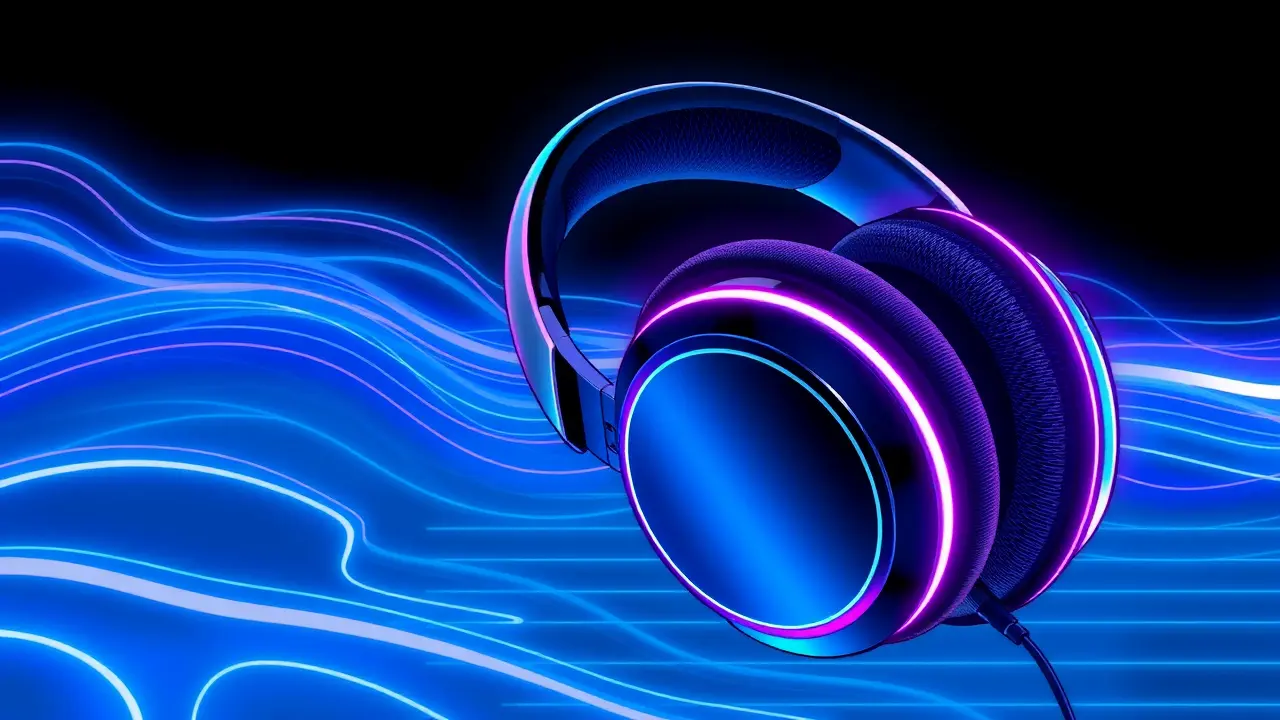Some of Our Favorite Noise-Canceling Headphones Are $100 Off if You Act Fast
In the relentless churn of the consumer tech cycle, where minor spec bumps and seasonal colorways are often passed off as innovation, a genuine price cut on a flagship product cuts through the noise with the satisfying finality of a Bose headphone’s active seal clicking into place. The news that the Bose QuietComfort Ultra headphones are seeing a rare, precipitous $100 discount—a fleeting opportunity that expires by day's end—is more than just a shopping alert; it's a fascinating data point in the broader economic and cultural narrative of how we curate our personal auditory spaces.To understand the significance of this discount, one must first appreciate the near-mythical status the QuietComfort line has cultivated over the years. It’s the Apple of the noise-canceling world, a brand that has become so synonymous with the category itself that ‘Bose’ is often used as a verb by travelers desperate to mute the drone of a jet engine.The Ultras represent the current apex of this lineage, incorporating not just the company's legendary noise-cancellation algorithms, which use microphones to sample ambient sound and generate inverse sound waves to cancel it out, but also immersive audio features that use head-tracking to create a fixed soundstage, making it feel as if the music is emanating from around you rather than inside your skull. This isn't merely an incremental update; it's a philosophical statement about the future of personal audio, moving beyond mere isolation towards a curated, spatial experience.The timing of this discount is itself a subject for analysis. Are we witnessing a strategic inventory flush ahead of an unannounced successor, a common tactic in the tech world to clear channel space? Or is it a competitive response to recent, aggressive moves from rivals like Sony, whose WH-1000XM5 series has been lauded for its superior sound profile by audiophile circles, even if Bose often wins on the sheer brute force of its noise cancellation? The headphone market, particularly in the premium noise-canceling over-ear segment, is a brutal, high-stakes duopoly, and these price skirmishes are the consumer-facing manifestations of a much larger war for acoustic supremacy.Furthermore, the very concept of noise cancellation speaks volumes about our modern condition. In an era of open-plan offices, densely packed cities, and the constant hum of digital life, the ability to purchase silence has become a luxury good.These headphones are not just audio devices; they are psychological tools, barriers against the overwhelming sensory input of the 21st century. The discount, therefore, isn't just saving you money on a gadget; it's offering a temporary, more accessible reprieve from the chaos.One must also consider the economic headwinds. With consumer confidence fluctuating and discretionary spending under pressure, even premium brands like Bose are not immune to the need to stimulate demand.This flash sale could be a carefully calibrated experiment to gauge price elasticity—how many additional units can they move by shaving off a Benjamin? The data gathered from this single-day event will undoubtedly feed into their future pricing and marketing strategies. From a technical perspective, the QuietComfort Ultras are a marvel of engineering.The noise-canceling technology, which Bose pioneered commercially decades ago, relies on complex signal processing that must adapt in real-time to changing environments, from the low-frequency rumble of a subway to the erratic clatter of a coffee shop. The battery life, a critical metric for any nomadic professional, is a balancing act between processing power, driver efficiency, and physical battery size.Adding features like immersive audio with head tracking introduces another layer of computational load, a challenge Bose engineers have had to solve without compromising the core promise of all-day comfort and silence. What does a sale like this mean for the average consumer? For the business traveler, it’s a direct upgrade to their quality of life, transforming a cramped middle seat into a private listening booth.For the student, it’s a tool for deep focus in a noisy dormitory. For the remote worker, it’s a way to demarcate work life from home life, signaling to family that donning the headphones means ‘do not disturb.’ The consequence of this discount is not merely financial; it’s the potential proliferation of these quiet bubbles, these personalized sonic sanctuaries. In conclusion, while the headline screams of a limited-time offer, the subtext is a rich tapestry of market competition, technological ambition, and societal need. The Bose QuietComfort Ultra at a $100 discount is more than a product on sale; it's a snapshot of a moment where high-end technology briefly becomes more accessible, inviting more people to experience the profound, and increasingly valuable, commodity of controlled silence.
LI
Liam Chen123k2 days ago
a $100 drop is pretty wild tbh, not sure if my wallet can handle this temptation
0
BR
Brittany Miller123k2 days ago
YESSS BOSE!!! a $100 off is absolutely insane 🔥 just bought mine and I can't WAIT to experience that legendary silence!!! this team is changing the game, so proud!!! 🎉👏
0
